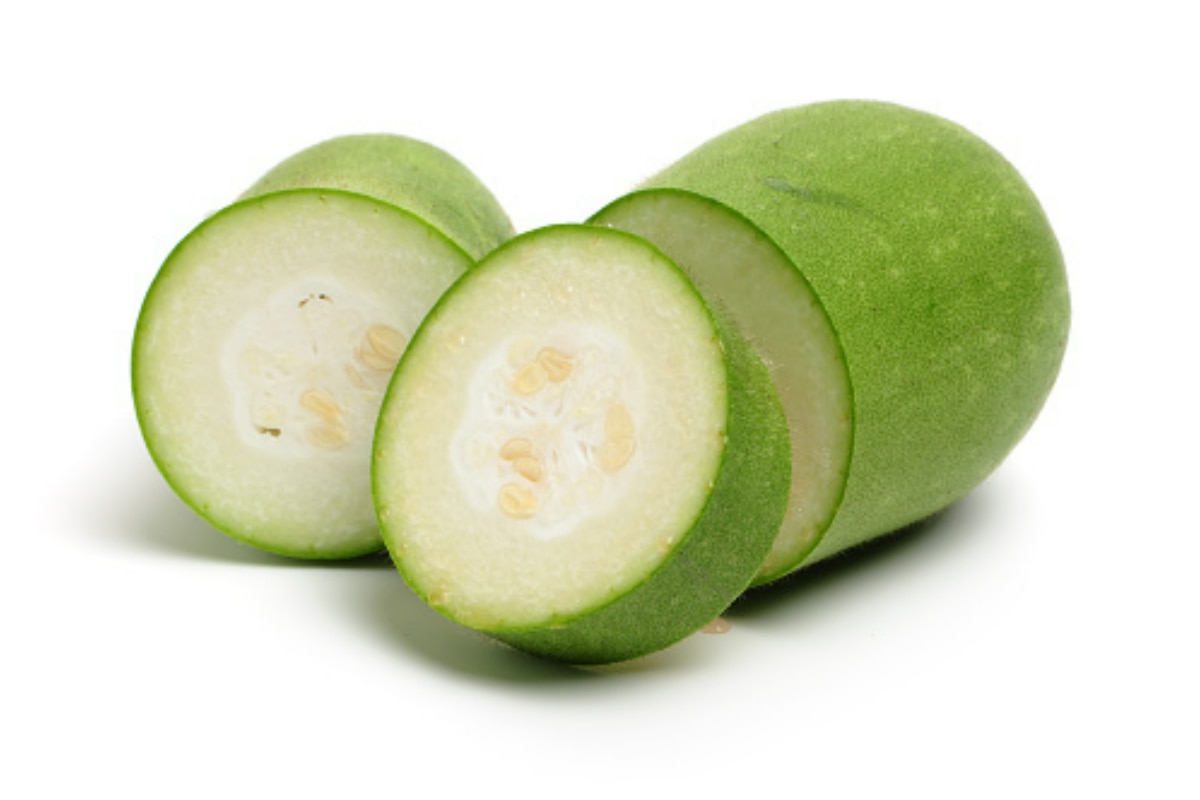Winter Melon Health Benefits: Known by different names around the world, melon is rich in vitamins, minerals, and natural substances. It can help improve eye, skin, and heart health. Check here:
Winter Melon Health Benefits: Winter melon, petha, or ash gourd is becoming more popular due to its distinctive nutrients. It is low in calories, fat, protein and carbohydrates and is 96% water. The huge native Asian fruits are valued for their mild flavor in both food and medicine. Winter melon can easily be included in a variety of recipes, even if it’s a fairly unknown ingredient in your kitchen. They are a great source of antioxidants and vitamin C, both of which are good for the skin. This vitamin in winter melons protects against oxidative stress in the skin. Did you know that winter melons are low in calories and great for diabetics and those watching their weight? Nutritionist Lovneet Batra shares five health benefits of winter melon.
4 HEALTH BENEFITS OF WINTER MELON OR PETHA
- Stimulates Healthy Digestion: Ash squash is a good source of soluble fiber. This type of fiber forms a gel-like substance in the intestine, which slows down digestion and helps promote feelings of fullness.
- Rich in antioxidants: Ash gourd is rich in polyphenols, flavonoids, and anthocyanins. For this reason, it is known as a functional food that has the potential to combat cell damage caused by free radicals. Antioxidants play a protective role in our bodies by fighting free radical compounds that can cause serious damage.
- Supports heart health: Winter melon promotes cardiovascular health as it contains high levels of potassium and vitamin C. As a vasodilator, potassium relaxes blood vessels and arteries, allowing blood to flow more freely and helping to lower blood pressure. Additionally, vitamin C has been directly associated with a reduced risk of stroke.
- Boosts Immunity: Winter melon has vitamin C and riboflavin. Vitamin C can stimulate the production of white blood cells and can also act as an antioxidant to neutralize free radicals and prevent healthy cells from mutating. Winter melon also boasts a possibly decent amount of riboflavin, also known as vitamin B2, which is a micronutrient with a key role in maintaining immune health.
- Anti-inflammatory: Winter melon contains a significant amount of gallic acid, which has a potential anti-inflammatory effect.
The benefits of winter melon can be obtained by consuming it in moderation. This fiber-rich food has negative effects when consumed in excess.
